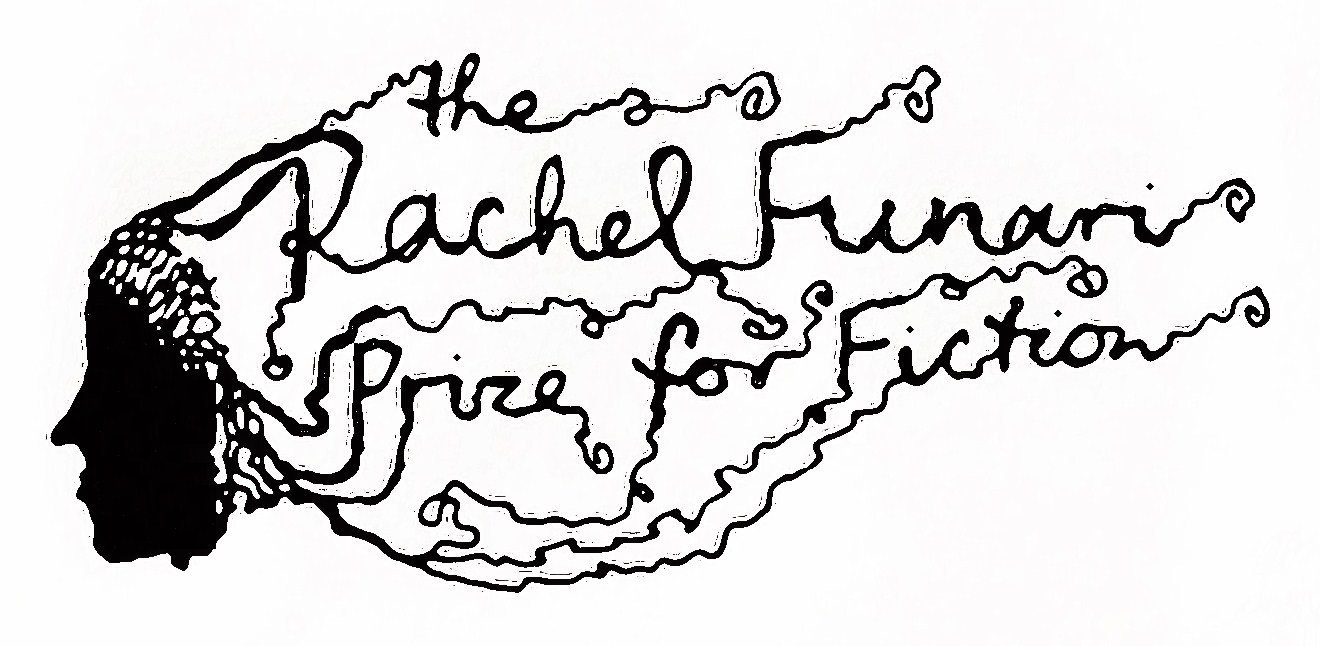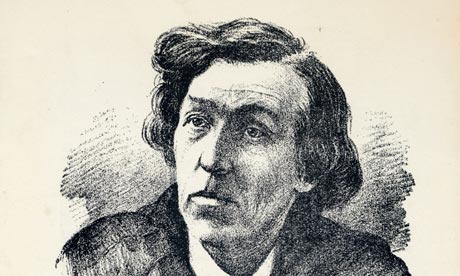Dreams of being a "scoop journalist" inspired
Ian Wedde to follow a writing career.
It "didn't work, of course", he says, although he did do a stint writing reviews for a London magazine.
Blenheim-born Wedde is the 2011-13 National Library New Zealand Poet Laureate.
Marlborough literary fans can hear some of his work on Friday when he gives a reading at the Millennium Art Gallery.
He will be joined by three other poets:
Chris Fell, Dinah Hawken and
John Newton. Wedde says a feature of his time as Poet Laureate has been to give others a chance to air their works in public.
Face-to-face contact with people who might read his own poems, novels and essays has been a personal highlight while poet laureate, too, he says on the phone from Auckland.
"It's actually been a challenge, to hop out of myself a bit, [because] writing can often be a very introverted, lone activity. And of course it always will be; you have to write the good sentence and you do it by yourself, not at a committee table."
Invitations to attend public events, visit schools and give readings like the one on Friday evening have freed him from his "lonely writing desk", he says.
There have also been scripts to submit and deadlines to meet, all common work for the man who has earned National Book Awards for both his fiction and poetry, has held writing fellowships at Otago, Victoria and Auckland universities; was the 2005 Katherine Mansfield Fellow in Menton, France, and was made an ONZM in the 2010 Queen's Birthday Honours for his writing.
One project as Poet Laureate was to compose a poem for the 140th commemoration of New Zealand's worst maritime disaster, the HMS Orpheus. It sank, killing 189 of the 250 people on board, on February 7, 1863, at Whatipu, after hitting the Manukau Harbour bar.
Organisers of a commemoration held this year asked Wedde to write a poem for the event. Going to Whatipu with his son Carlos and grandson Sebo for a "happy beach-day", Wedde thought about the shipwreck and decided to write a poem that offered a remembrance of the sailors who lost their lives, a hope for Sebo's safety; and also a homage to
Gerard Manley Hopkins's poem
The Wreck of the Deutschland (1876).
A verse in Wedde's poem, titled
The Wreck of the Orpheus, reads:
In a rock-pooled gut cutting the headland at low tide
Sebo finds broken, barnacled boat-timbers with rusted bolts,
splintered beams and bulkheads clustered with mussels,
and in the gale-battered cliff above, look! - a rock-faced giant
guarding the wreck, eyes and mouth wind-hollowed
for birds to nest in, a pastoral forehead . . . but there was no shelter
for Orpheus
Wedde says poems by
William Carlos Williams taught him that "very small, ordinary things in the world in one's life can be as important as huge events, if not more so".
Poets need to look at the detail, be "affectionate towards the detail", he says.
The theme of Friday's reading, "Writing Home", was penned to reflect Blenheim as the first place Wedde called "home". It was the town where he was born and spent the first seven years of his life, but he is unsure of its influences. What happened next was more impressionable.
Wedde's parents had taken their young family to East Pakistan, later known as Bangladesh, and Wedde grew up learning that "home" was less about being connected to a place and more to do with the love and bonds formed between family members and close friends.



























